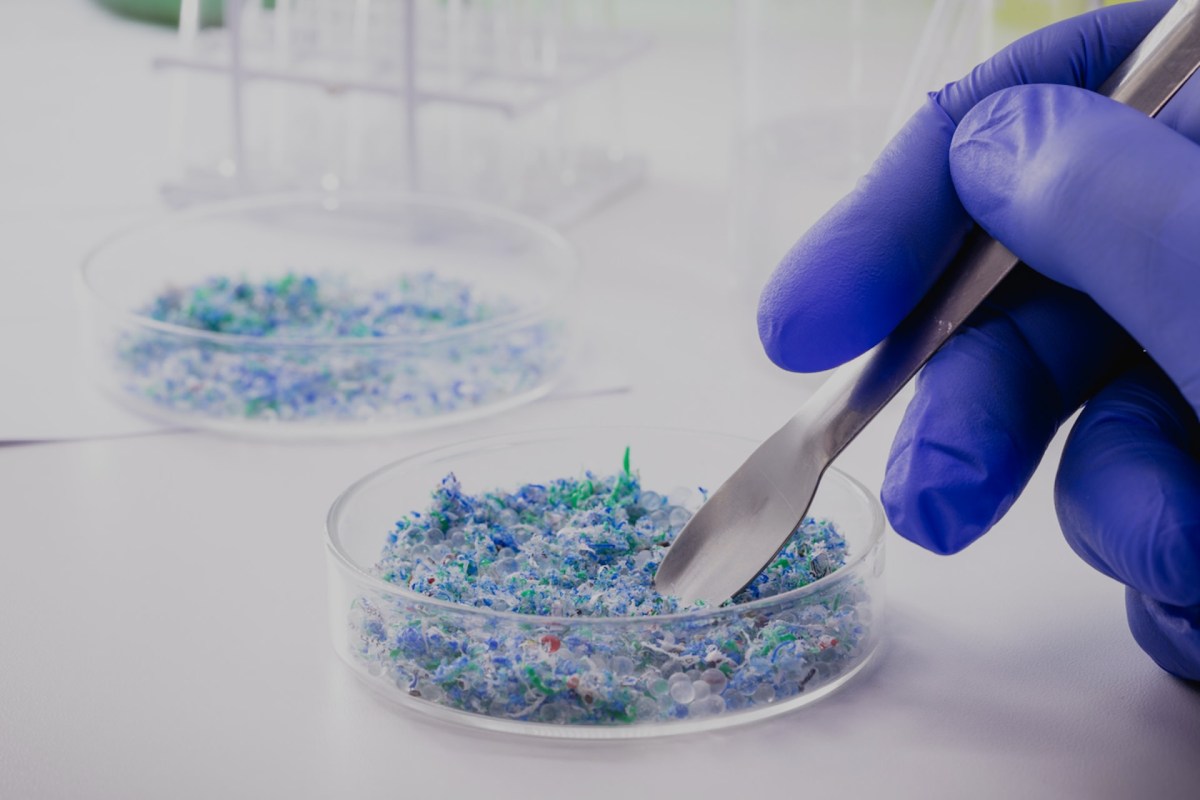Battery-electric vehicles have become ubiquitous as more people have realized how much less pollution they produce than traditional gas-powered cars. But another type of planet-friendly vehicle, the hydrogen car, has yet to catch on, for a few different reasons.
Now, a new technique developed by researchers at Rice University in Texas may provide the key to making hydrogen cars — and hydrogen fuel as a whole — more viable.
Hydrogen is incredibly attractive as an alternative to gas and oil — it is a storable fuel that produces no planet-overheating pollution when used. The problem, however, is that it produces a whole lot of planet-overheating pollution when it is made.
The process is also extremely expensive, putting current hydrogen cars out of reach for everyone but the very wealthy.
The Rice University research team may have solved those problems by developing a technique that transforms plastic waste into usable hydrogen fuel without the massive pollution produced by traditional methods.
Not only would this provide hydrogen fuel that is good for the planet, but it would also provide a use for some of the mountains of plastic waste our society generates regularly.
Watch now: What's the true environmental impact of renewable energy?
"I hope that this work will allow for the production of clean hydrogen from waste plastics, possibly solving major environmental problems like plastic pollution and the greenhouse gas-intensive production of hydrogen by steam-methane reforming," said Kevin Wyss, the study's lead author.
Wyss also laid out how the process simultaneously creates graphene and hydrogen, making it incredibly cost-effective.
"If the produced graphene is sold at only five percent of current market value — a 95 percent off sale! — clean hydrogen could be produced for free," Wyss said.
Other attempts to produce clean hydrogen include a facility in Texas that uses wind and solar energy to create hydrogen fuel from water. However, considering how scarce clean water is becoming — and how much plastic waste is soaring — this new method sounds even more promising.
TCD Picks » Upway Spotlight

Join our free newsletter for weekly updates on the coolest innovations improving our lives and saving our planet.














